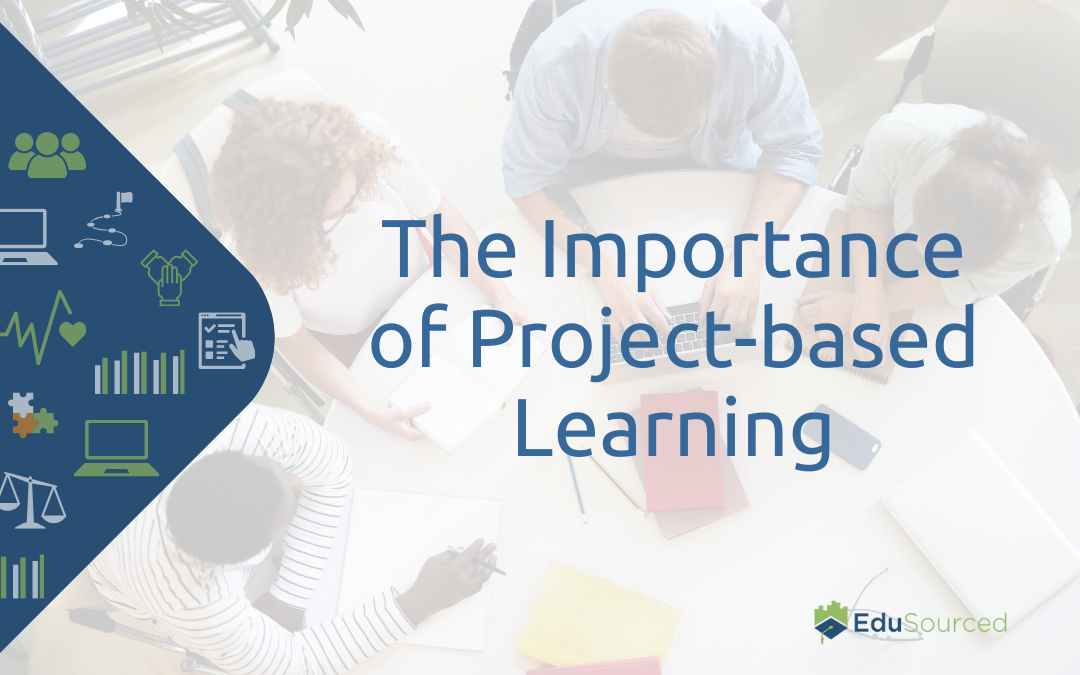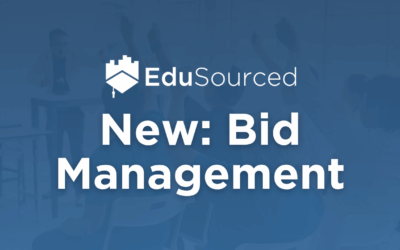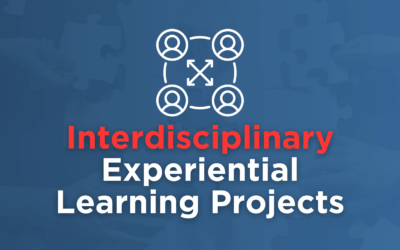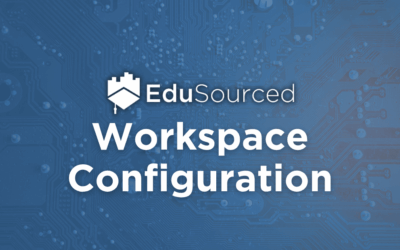In the ever-evolving landscape of education, one methodology that has gained significant traction is Project-Based Learning (PBL). This innovative approach to learning is transforming the way we educate our students, particularly at the college level, and bridges the gap between theoretical knowledge and practical knowledge. In short, Project-based learning brings the real world into the classroom!
What is Project-Based Learning?
Project-Based Learning is a dynamic approach to teaching in which students explore real-world problems and challenges. Unlike traditional learning methods, PBL is student-centered, giving learners the opportunity to gain knowledge and skills through an engaging and hands-on experience.
The Role of PBL in the College Curriculum
Incorporating PBL into the college curriculum offers several benefits. Here are a few key reasons why PBL is crucial in Higher Education:
1. Real-World Application
PBL allows students to apply their knowledge to real-world scenarios, bridging the gap between learning and application. This not only enhances understanding but also prepares students for the professional world. The real-world component means working with real partners be they local small businesses, nonprofits or large employers. Aside from getting students valuable exposure to the job market, a well run project-based learning program enhances school reputation among your community or employer ecosystem.
2. Development of Critical Skills
Through PBL, students develop essential skills such as critical thinking, problem-solving, communication, and professionalism in a way that is difficult to replicate with static teaching methods. These skills are highly sought after by employers, as documented by this Inside Higher Ed industry survey.
3. Increased Student (and Employer!) Engagement
PBL promotes active learning, increasing student engagement and motivation. Making learning real is the ultimate answer to the oft-heard student complaint of “when will we ever use this?” With experiential project-based learning, the answer is right now!
When students are actively involved in their learning process, they are more likely to retain information and develop a deeper understanding of the subject matter.
4. Personalized Learning
If you have an inventory of available projects for students to review and select from, (we call this bidding in the EduSourced tool) students are choosing their preferred learning experience. This student selection process means their chosen project is likely to align with their interests and, ideally, their career goals.
Conclusion
Incorporating Project-Based Learning into the college curriculum is more than a trend: it is fast becoming a necessity. PBL equips students with the skills and knowledge that employers increasingly expect and contributes to a more engaging learning environment. As educators, it is our responsibility to embrace this innovative approach and prepare our students for the challenges and opportunities that lie ahead.
PBL takes the future of education out of a textbook and into the hands of engaged faculty, students and even employer partners.
EduSourced is the leading software platform for project-based learning management. Over 15,000 experiential learning projects have been completed in EduSourced and we have implemented at over 100 experiential PBL programs. If you are planning to launch a new project-based learning program or course, or if you planning to scale PBL at your school, we recommend a live demo and consultation call with our team.




